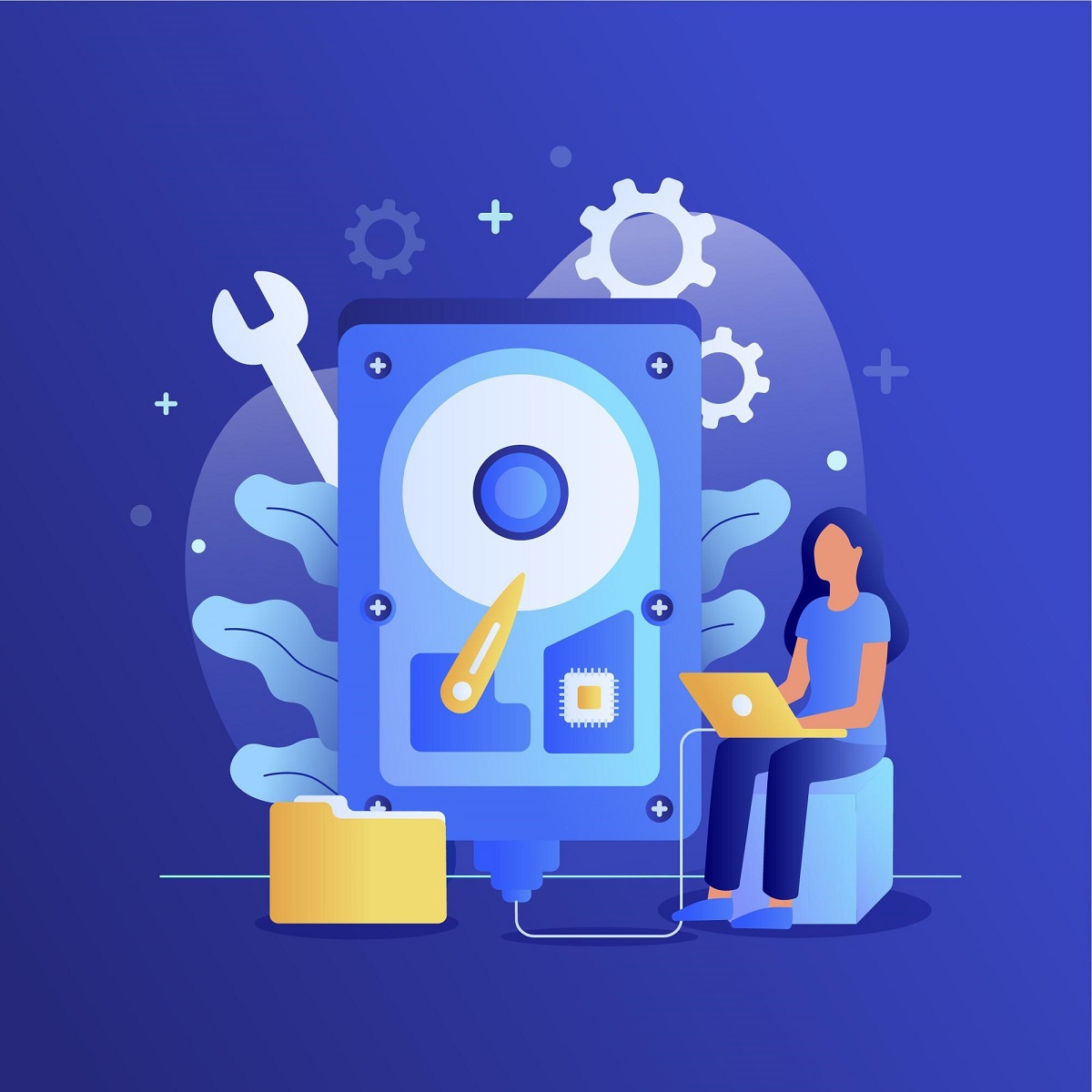HRMS software is a tool that helps organizations manage their human resources. It allows businesses to automate many HR-related tasks, such as employee onboarding, tracking employee performance, and managing payroll. HRMS software can also help businesses comply with employment laws and regulations.
Manual work in human resources is not only time-consuming but also error-prone. HRMS software can automate many HR tasks, such as employee onboarding, tracking employee performance, and managing payroll. DGFT Grants for Indian Exporters can potentially help them invest in HRMS software to streamline their workforce management. This can help businesses improve efficiency and accuracy while also reducing costs.
There are many ways HRMS software can help businesses. By automating HR-related tasks, HRMS software can free up time for HR professionals to focus on more strategic tasks.
The cost of HRMS software can vary depending on the features and functionality required. HRMS software is typically offered as a subscription, with pricing based on the number of users or employees.
How to Choose the Right HRMS Software for the Business?
When choosing HRMS software, businesses should consider their specific needs and objectives. Some essential features to look for include employee onboarding, performance tracking, payroll management, and compliance with employment laws and regulations. The cost of HRMS software can also be a factor to consider. You also need to consider other factors such as data security, ease of use, scalability, integrations, customer support, automation, compliance, and pricing. Some of these features and their importance are described below.
Data Security
It’s essential to have an HRMS vendor that values data security as much as you do. There is a lot of sensitive personal and financial information need to be taken care of. In order to protect your employee and company data, HRMS vendors should use the latest security technologies, such as encryption, Two-Factor Authentication (2FA), and role-based access control (RBAC).
Ease of Use
The HRMS software you choose should be easy to use so that your employees can quickly learn how to use it and HR professionals can focus on more strategic tasks. The user interface (UI) should be intuitive, and the software should offer customizable features.
Scalability
As your business grows, you’ll need HRMS software that can scale with you. HRMS vendors should offer flexible subscription plans that can be tailored to your specific needs.
Integrations
HRMS software should integrate with other business applications, such as your accounting software or employee self-service portal. This will help you save time by automating tasks and avoiding data entry errors.
Customer Support
When you’re using HRMS software, you should have access to customer support when you need it. HRMS vendors should offer 24/7 customer support so that you can get help when you need it.
Automation
HRMS software can automate many HR-related tasks, such as employee onboarding, tracking employee performance, and managing payroll. This can help businesses save time and improve efficiency.
Compliance
HRMS software can also help businesses comply with employment laws and regulations. By automating HR-related tasks, HRMS software can help businesses track employee performance, manage payroll, and compliance with employment laws and regulations.
Pricing
HRMS software is typically offered as a subscription, with pricing based on the number of users at various levels in an organization. Look for software that offers flexible subscription plans that can be tailored to your specific needs.
Benefits of HRMS software
HRMS software is a powerful tool that can help businesses to automate their human resource-related tasks, track employee attendance, calculate timely payroll, and maintain compliance with employment laws and regulations. Some benefits of HRMS software are as explained below.
Time-saving
HRMS software can automate HR-related tasks, such as employee onboarding, tracking employee performance, and managing payroll. This can help businesses save time and improve efficiency.
Accuracy
The attendance and leave data captured by HRMS software is usually more accurate than manual data entry. This way, the HRMS software can also help businesses comply with employment laws and regulations.
Improved Morale
With HRMS employee experienced can be improved. By automating HR-related tasks, HRMS software can help businesses track employee performance, manage payroll, and compliance with employment laws and regulations. This can improve employee morale and reduce turnover.
Self-service HR Tools
HRMS software typically offers a self-service HR portal for employees. This portal can be used to view pay stubs, request time off, and update personal information. That makes it easier for employees to get the HR information they need without having to contact HR. It saves time for HR professionals, who can then focus on more strategic tasks. HRMS software can streamline employee onboarding, payroll, and scheduling, allowing jewelry makers to focus on developing Marketing Strategies for Jewelry Makers.
Summary
HRMS software is a powerful tool that can help businesses automate HR-related tasks, track employee performance, manage payroll, and compliance with employment laws and regulations. HRMS software is typically offered as a subscription, with pricing based on the number of users or employees. The HRMS software can saves you a lot of time and cost in HR management. HRMS software can be enhanced with Student-Centred Learning Strategies to personalize onboarding experiences for new hires. The increased efficiency and accuracy can increase productivity of organization.
Author’s Bio:
Raghunath Sabat is a Digital Marketing Executive with 2+ years of experience in digital marketing and building paid and organic marketing funnels across the SaaS Industry. Currently working at Pocket HRMS (India’s leading AI-based cloud payroll software).

